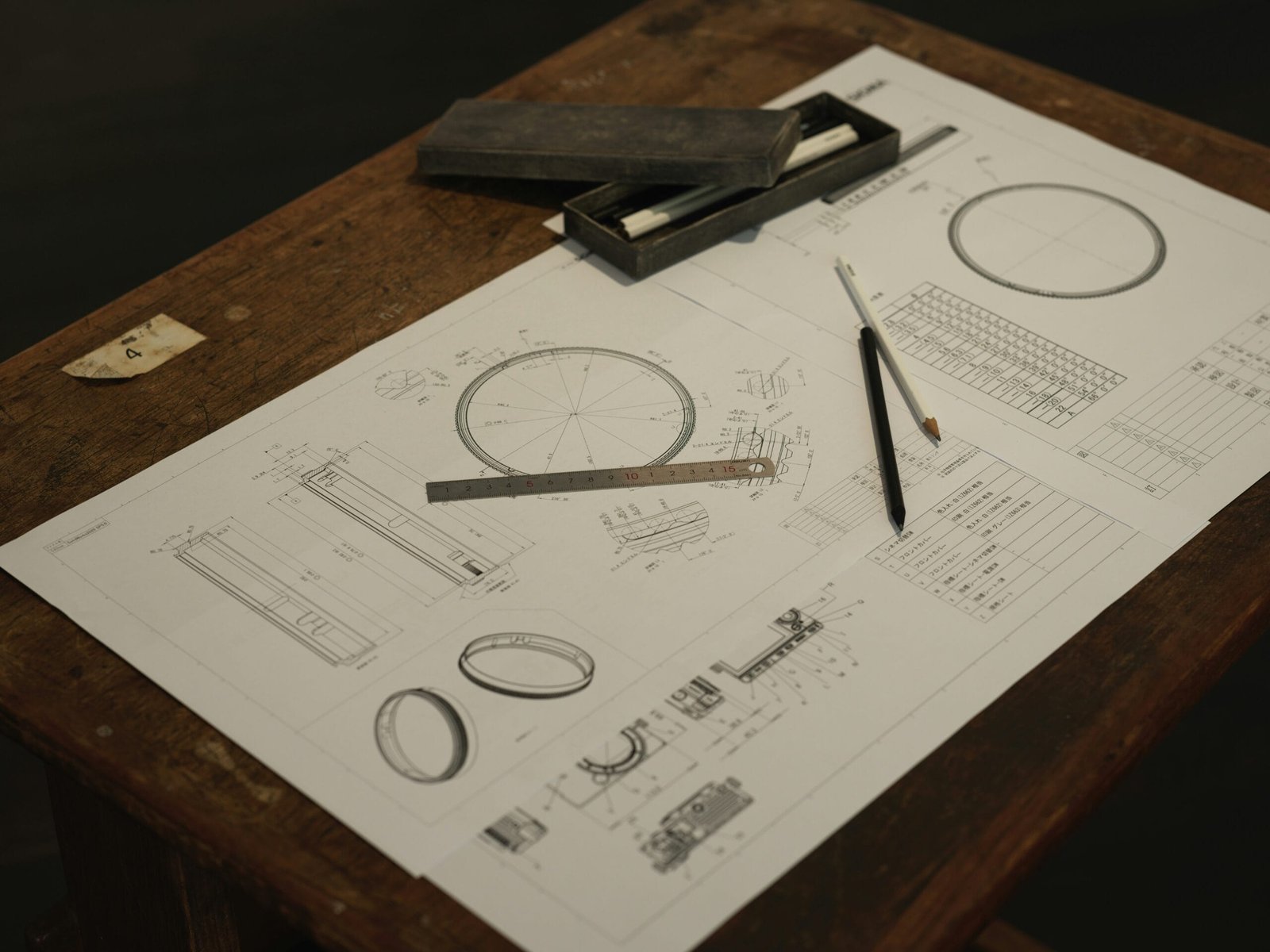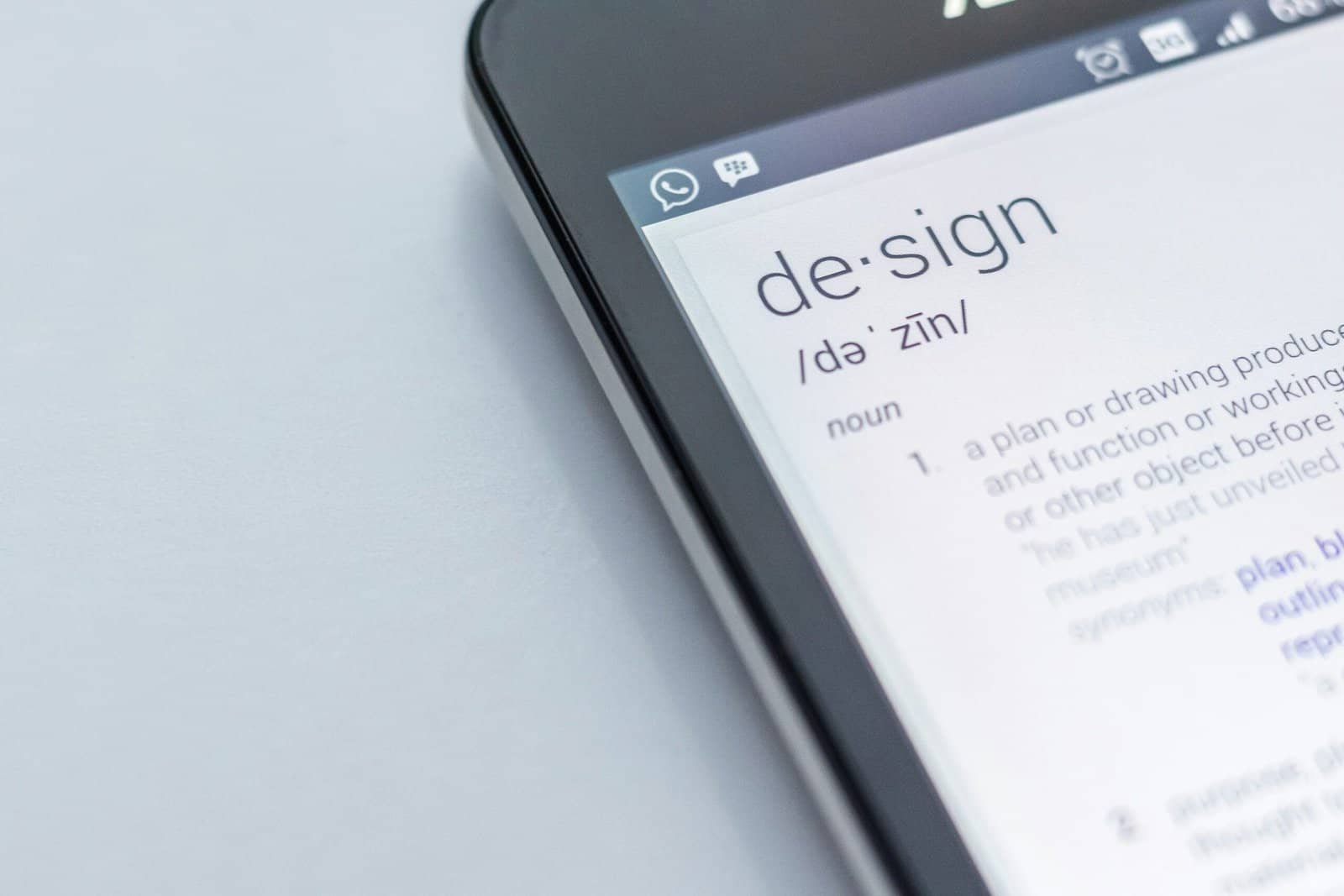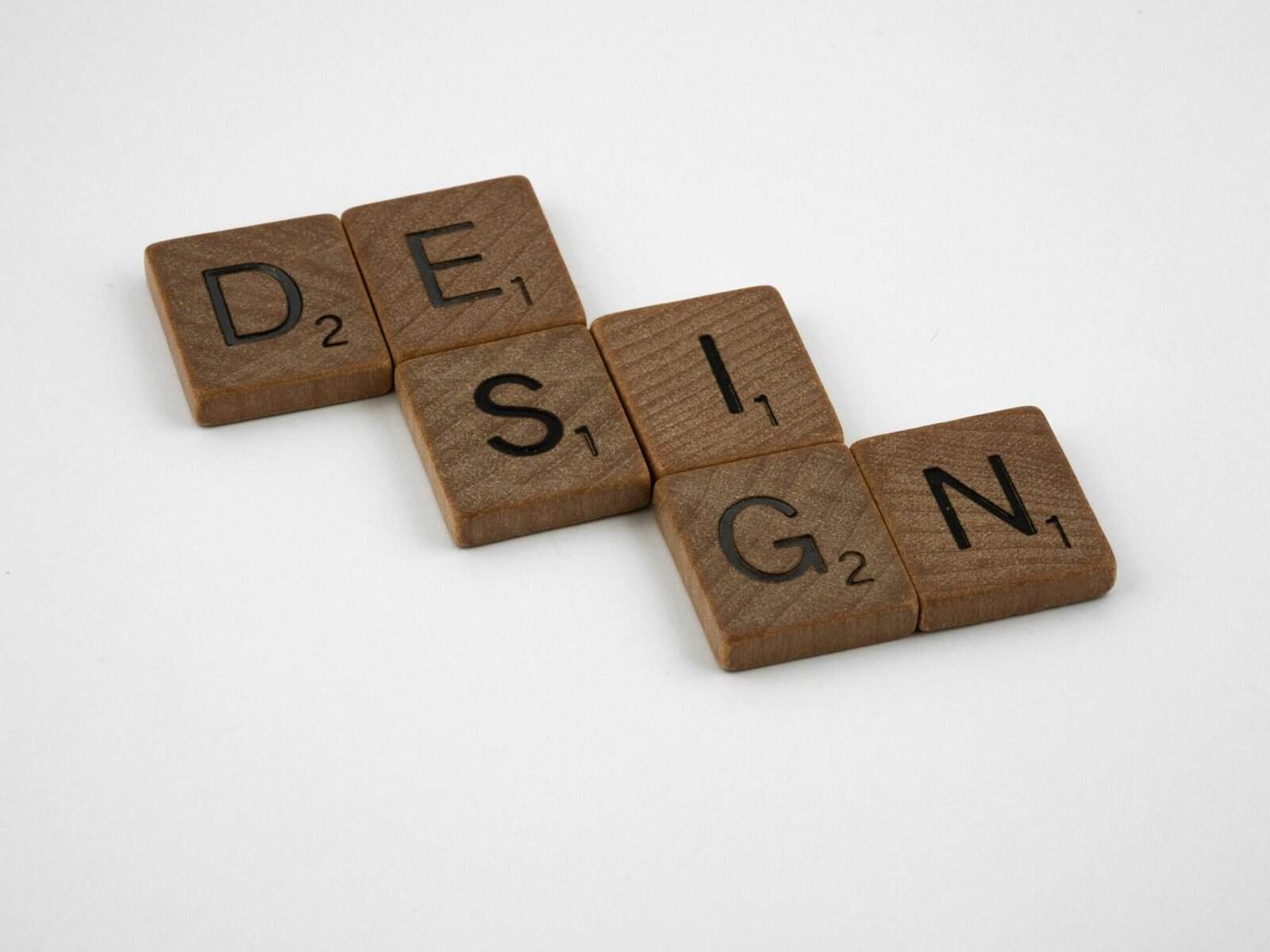Have you ever wondered how to bring your design ideas to life and share them with a broader audience? Design contests might just be the avenue you never knew you needed. They offer a dynamic platform to not only showcase your creative talents but also to connect with like-minded individuals and potential clients. Understanding the ins and outs of design contests can be a game-changer in your creative journey.

What is a DesignContest?
A design contest is a competition where individuals or teams submit design entries to address a specific brief or problem statement. These contests can range from logo designs to full-blown branding projects and are hosted by businesses, non-profit organizations, or even design communities looking to crowdsource creative solutions. Participants submit their work, often under specific guidelines or constraints, and a panel of judges or the contest host selects the winners based on criteria like creativity, originality, and adherence to the brief.
Benefits of Participating in Design Contests
Engaging in design contests can provide numerous benefits, especially if you are looking to expand your horizons as a designer. Firstly, contests offer exposure. By participating, your work can be seen by industry professionals who might not have come across your portfolio otherwise. Winning a contest could put you on the radar for potential freelance gigs or even full-time employment opportunities.
Another key benefit is the opportunity to hone your skills. Each contest is a chance to practice and improve, often on projects you hadn’t thought of pursuing before. Additionally, contests can encourage you to think creatively within the constraints of a brief—a valuable skill in the professional design world.
Finally, design contests can be a great way to build your portfolio. Even without winning, the pieces you create for these competitions can be polished and portfolio-ready, showing a prospective employer or client your range and ability to tackle varied design problems.
Types of Design Contests
Design contests come in many forms, catering to different interests and skill levels. Investigating the different types can help you identify which ones align with your skills and career aspirations.
Logo Design Contests
Logo design contests are among the most popular because every new business or product launch potentially needs a unique logo. These contests often appeal to beginner and experienced graphic designers, offering a clear focus on creativity and branding. As a participant, you’ll usually be provided with a company’s vision, target audience, and values, which you need to encapsulate in a single image.
Branding and Identity Design Contests
These contests require a bit more strategic thinking than logo design contests. Here, you might be tasked with creating a full brand identity, which includes the logo, color palettes, typography, and visual style guide. This type of contest is a great fit if you enjoy working on comprehensive projects that require a cohesive look and feel across various media.
Packaging Design Contests
Packaging design contests challenge you to think about the intersection of form and function. The task is to create packaging that is not only visually appealing but also practical. These contests often require an understanding of materials, sustainability, and the consumer experience.
Web Design Contests
In web design contests, you will be asked to create aesthetically pleasing and user-friendly website layouts. This type of design contest focuses heavily on user interface (UI) and user experience (UX) design principles and often requires participants to have knowledge of web design tools and trends.
Fashion Design Contests
Fashion design contests offer you an avenue to showcase your creativity in clothing and accessory design. They often include creating sketches, choosing fabrics, and sometimes even constructing garments. These contests are perfect for designers with a flair for fashion and an understanding of textiles and patterns.
How to Find Design Contests
Finding the right design contest to enter can be as important as the design process itself. With numerous options available, knowing where to look is crucial in selecting contests that suit your skills and career goals.
Online Platforms and Communities
Several online platforms specialize in hosting design contests. Websites like 99designs, DesignCrowd, and CrowdSpring offer a range of contests across different design categories. These platforms provide robust filters and search tools to help you find contests that match your skill set. Additionally, being part of design communities such as Behance or Dribbble can offer you access to niche contests and collaborations within the community.
Social Media and Design Blogs
Many design contests are promoted through social media channels. Following your favorite brands, design influencers, and industry-specific pages can keep you updated on upcoming opportunities. Design blogs and forums can also be excellent resources for finding contests and tips on effectively participating.
Industry Publications and Newsletters
Industry-specific publications and email newsletters often have sections dedicated to announcing design contests. Subscribing to these can ensure that you receive timely notifications about new contests and trends within the design industry.
Tips for Success in Design Contests
Successfully navigating a design contest requires more than just raw talent. Familiarizing yourself with some best practices can increase your chances of standing out.
Understanding the Brief
Before diving into the design work, spend time understanding the contest brief. This document is crucial as it outlines the expectations, goals, and vision that your design should aim to achieve. Pay attention to details like target audience, required elements, and any constraints or rules that might be in place.
Research and Brainstorm
Once you have a firm understanding of the brief, conduct research. Look into the contest host, their industry, target market, and competitors. This will give you a fuller picture of the design requirements. Brainstorming away from your computer—using sketches or mood boards—can also open up new creative avenues you might not discover sitting at a screen.
Crafting Your Design with Originality
While research can offer insights, it’s essential to ensure your design maintains originality. Judges are looking for creative solutions that stand out, so take risks and let your unique style shine through. Avoid the temptation to imitate popular designs—let inspiration guide fresh perspectives, crafted with your artistry.
Presentation and Submission
Remember that presentation plays a critical role in how your work is perceived. Ensure that your final submission follows all the specified guidelines and is polished. Use mockups if necessary to demonstrate your design in real-world scenarios. Providing a rationale that explains your design choices can also offer context and make your entry more compelling to judges.
Feedback and Iteration
Whether or not you win, consider each contest as a learning opportunity. Seek feedback on your submission, if possible, and reflect on your process. Understanding what worked and what didn’t can be invaluable as you improve and grow in your design journey.

Overcoming Challenges in Design Contests
Participating in design contests can also come with a set of challenges. Being aware of these and crafting strategies to overcome them can enhance your experience and outcomes.
Managing Time
Many contests have tight deadlines, so managing your time effectively becomes crucial. Plan your project by breaking it down into manageable parts, each with its own mini-deadline. Use tools like calendars and project management apps to keep track of your progress and ensure timely submission.
Handling Criticism
Not winning can be disheartening, especially when much effort and heart has been put into your designs. However, criticism—in any form—can be constructive. Approach feedback with an open mind, using it as an impetus for growth rather than seeing it as a setback.
Coping with Competition
The competitive nature of design contests can be daunting. Remain focused on what you can learn from each experience rather than only the outcome. Networking with fellow participants can also offer new friendships and professional connections, easing the competitive tension.
Ethical Considerations in Design Contests
Ethics play a significant role in design contests. As a designer, knowing the ethical landscape can protect your work and integrity.
Intellectual Property
Understanding who holds the rights to your designs post-submission is vital. Some contests require you to transfer rights to the host, while others allow you to retain ownership. Carefully read contest rules to avoid conflicts later on.
Fair Compensation
Be wary of contests where the rewards do not seem to match the effort and expertise required. While exposure and experience are valuable, your skills also deserve fair recognition and compensation.
Contest Credibility
Ensure that the design contests you enter are legitimate. Research the host company and previous contests they’ve run. Verify that they promptly awarded the promised prizes and that past participants had positive interactions.

Conclusion
Venturing into the world of design contests can open numerous doors—whether it’s honing your skills, building an impressive portfolio, or forging industry connections. By approaching contests thoughtfully and strategically, you can reap the rich rewards they offer. So, are you ready to take the plunge into the exciting realm of design contests? With creativity and determination, the opportunities are endless, and your next project could be the breakthrough you’ve been dreaming about.
